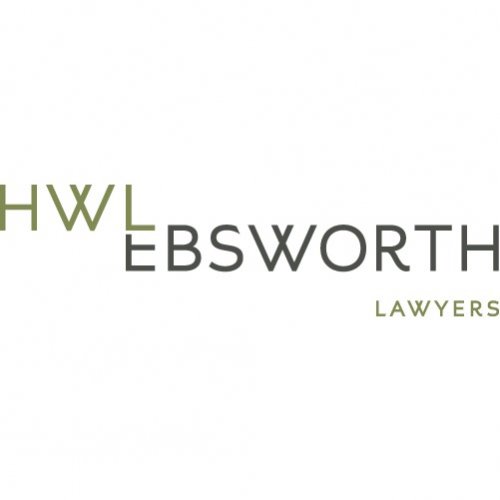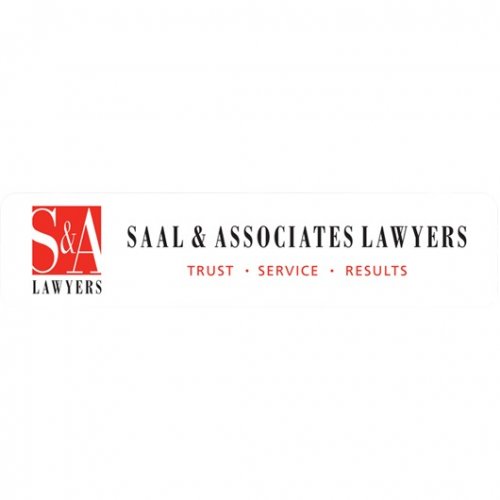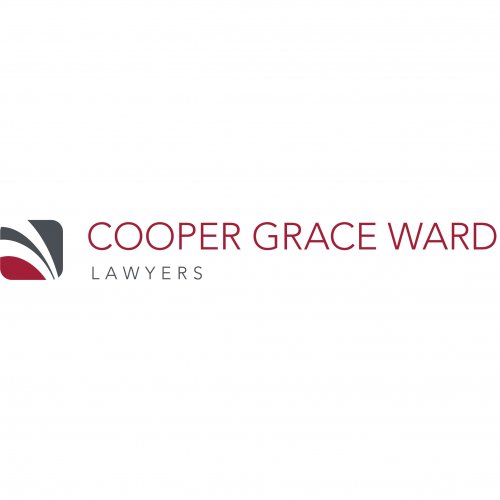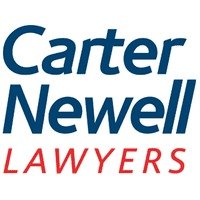Best Nonprofit & Charitable Organizations Lawyers in Brisbane
Share your needs with us, get contacted by law firms.
Free. Takes 2 min.
List of the best lawyers in Brisbane, Australia
About Nonprofit & Charitable Organizations Law in Brisbane, Australia
Brisbane, Australia, boasts a vibrant network of nonprofit and charitable organizations, each dedicated to addressing various social, environmental, educational, and health-related needs. These organizations operate under a framework established by both state and federal laws, which include regulatory, tax, and fundraising obligations. Nonprofits and charities are encouraged to promote transparency, accountability, and ethical practices to maintain public trust and fulfill their missions effectively. Understanding the legal landscape is essential for founders, managers, and volunteers as they ensure compliance and maximize their impact in the community.
Why You May Need a Lawyer
Seeking legal advice is crucial for nonprofit and charitable organizations due to several common situations:
- Setting up a new nonprofit or charity, which requires careful legal structuring and registration with appropriate authorities.
- Navigating complex tax regulations, including qualifying for tax exemptions and deductions.
- Ensuring compliance with local fundraising laws and obtaining necessary permits or licenses.
- Drafting and reviewing contracts with partners, donors, and volunteers to protect organizational interests.
- Addressing employment law issues, such as hiring staff, managing volunteers, and understanding workplace health and safety obligations.
- Handling disputes or legal challenges, including governance disputes or potential litigation.
Local Laws Overview
The legal framework governing nonprofit and charitable organizations in Brisbane encompasses several key aspects:
- Registration: Organizations must register with the Australian Charities and Not-for-profits Commission (ACNC) and meet specific criteria to qualify as charities.
- Taxation: Eligible charities can access tax concessions, such as exemptions from income tax, GST benefits, and fringe benefits tax rebates under the Australian Tax Office regulations.
- Fundraising: Nonprofits must adhere to the Charitable and Non-Profit Gaming Act 1999 and other local regulations that govern fundraising activities.
- Governance: Effective governance practices are mandated to ensure transparency and accountability, as outlined in the ACNC governance standards.
- Employment law: Compliance with federal and state employment laws is crucial regarding employee entitlements, volunteer arrangements, and workplace health and safety.
Frequently Asked Questions
1. What is the difference between a nonprofit and a charity?
While both nonprofits and charities operate on a not-for-profit basis, charities exist primarily to advance specific charitable purposes, such as relief of poverty, education, or community welfare. Nonprofits can have a broader range of objectives, including social clubs or professional associations, which may or may not qualify as charities.
2. How do I start a nonprofit organization in Brisbane?
To start a nonprofit, you need to decide on a legal structure (e.g., incorporated association, company limited by guarantee), develop a constitution, appoint a board of directors, and register with relevant state and federal bodies.
3. What tax benefits are available for charities?
Registered charities can access several tax benefits, including income tax exemption, GST concessions, and fringe benefits tax rebates. Specific criteria must be met, and registration with the ACNC is required.
4. Do I need a license to fundraise in Brisbane?
Yes, fundraising activities in Queensland require a license. You should ensure compliance with the Office of Fair Trading's regulations, which may include specific reporting and operational requirements.
5. Can nonprofits solicit donations without registering as a charity?
Organizations that intend to solicit donations must comply with fundraising regulations, which often require registration, particularly if they wish to qualify for certain tax concessions for donations received.
6. What are the governance standards for nonprofit organizations?
Governance standards set by the ACNC include ensuring a nonprofit acts in a not-for-profit manner, ensuring accountability and transparency, managing financial affairs responsibly, and maintaining solvency.
7. What legal documents are important for nonprofit operation?
Important legal documents include the organization's constitution, governance policies, financial reports, board meeting minutes, contracts, and employment agreements.
8. Are there restrictions on political activities for charities?
Charities can engage in advocacy or campaigning activities that further their charitable purposes, but they must remain non-partisan and not endorse political candidates or parties.
9. How can I ensure compliance with employment laws in my nonprofit?
Nonprofits should adhere to employment standards regarding wages, workplace safety, and employees' rights. Legal guidance can help manage volunteer arrangements and develop appropriate policies.
10. What are the potential risks associated with non-compliance?
Risks of non-compliance include financial penalties, loss of tax concessions, damage to reputation, and potential legal actions against the organization or its board members.
Additional Resources
The following resources can assist those seeking legal advice in the nonprofit and charitable sector:
- Australian Charities and Not-for-profits Commission (ACNC)
- Queensland Office of Fair Trading
- Australian Tax Office (ATO)
- Justice Connect - a community legal center offering services for nonprofits and charities
- Pro Bono Australia - a platform for resources and news in the nonprofit sector
Next Steps
If you need legal assistance for issues related to nonprofit and charitable organizations, consider the following steps:
- Consult with a legal professional specializing in nonprofit law to address specific concerns and provide tailored advice.
- Engage with nonprofit networks or peak bodies to access shared resources, workshops, and networking opportunities.
- Utilize online resources and informational platforms dedicated to nonprofit governance and law for further understanding.
- Attend seminars or webinars focused on nonprofit compliance, governance, and best practices.
Lawzana helps you find the best lawyers and law firms in Brisbane through a curated and pre-screened list of qualified legal professionals. Our platform offers rankings and detailed profiles of attorneys and law firms, allowing you to compare based on practice areas, including Nonprofit & Charitable Organizations, experience, and client feedback.
Each profile includes a description of the firm's areas of practice, client reviews, team members and partners, year of establishment, spoken languages, office locations, contact information, social media presence, and any published articles or resources. Most firms on our platform speak English and are experienced in both local and international legal matters.
Get a quote from top-rated law firms in Brisbane, Australia — quickly, securely, and without unnecessary hassle.
Disclaimer:
The information provided on this page is for general informational purposes only and does not constitute legal advice. While we strive to ensure the accuracy and relevance of the content, legal information may change over time, and interpretations of the law can vary. You should always consult with a qualified legal professional for advice specific to your situation.
We disclaim all liability for actions taken or not taken based on the content of this page. If you believe any information is incorrect or outdated, please contact us, and we will review and update it where appropriate.

















